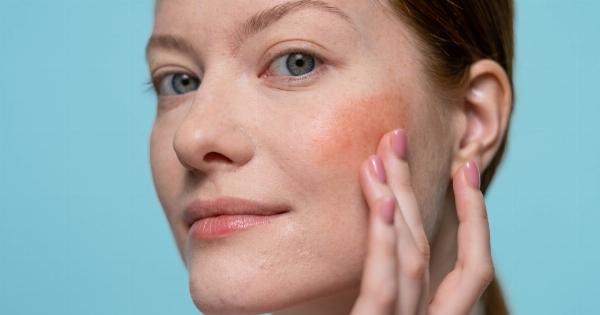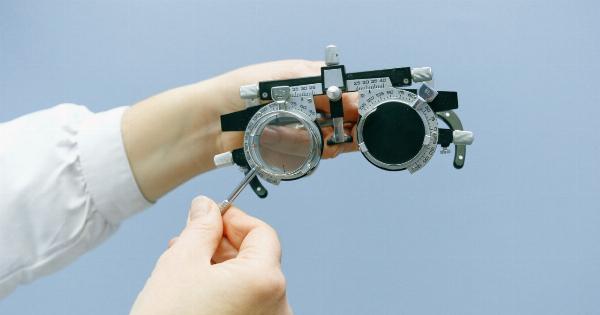We all know how important it is to eat a healthy, balanced diet. However, even if you are eating a variety of foods and trying to be mindful of what you consume, there may still be gaps in your diet.
These gaps can occur due to a variety of reasons, including lack of access to certain foods, dietary restrictions, or a busy lifestyle. One of the most common gaps in our diets is missing vitamins.
Why Are Vitamins Important?
Vitamins are organic compounds that are necessary for our bodies to function properly. They help regulate our metabolism, support the immune system, and promote healthy growth and development.
There are 13 essential vitamins, each with its own set of functions:.
- Vitamin A
- Vitamin C
- Vitamin D
- Vitamin E
- Vitamin K
- Thiamine (B1)
- Riboflavin (B2)
- Niacin (B3)
- Pantothenic Acid (B5)
- Pyridoxine (B6)
- Biotin (B7)
- Folic Acid (B9)
- Cobalamin (B12)
Common Vitamin Deficiencies
There are several vitamins that people commonly do not get enough of. These include:.
Vitamin D
Vitamin D is essential for strong bones and teeth, as it helps the body absorb calcium. The main source of vitamin D is sunlight, but it can also be found in fatty fish, egg yolks, and fortified foods like milk and cereal.
Unfortunately, many people do not get enough vitamin D, especially in the winter months when sunlight is scarce. A deficiency in vitamin D can lead to weakened bones, increased risk of fractures, and even depression.
Vitamin B12
Vitamin B12 is important for the functioning of the nervous system and the formation of red blood cells. It is primarily found in animal products like meat, fish, and dairy products.
Vegans and vegetarians may be at risk for deficiency, as they do not consume these foods. Older adults and people with certain digestive disorders may also have trouble absorbing vitamin B12. A deficiency in vitamin B12 can lead to fatigue, weakness, and tingling or numbness in the hands and feet.
Vitamin C
Vitamin C is an important antioxidant that helps protect the body from damage caused by free radicals. It is also necessary for the production of collagen, a protein that helps support skin, tendons, and other tissues.
Vitamin C is found in citrus fruits, berries, tomatoes, and broccoli, among other foods. While deficiency in vitamin C is rare, severe deficiency can lead to scurvy, a condition marked by weakness, anemia, and skin and gum problems.
How to Replace Missing Vitamins
If you suspect that you are not getting enough of certain vitamins, there are several ways to boost your intake:.
Eat a varied diet
The best way to get all the vitamins you need is to eat a varied diet that includes fruits, vegetables, whole grains, lean protein, and healthy fats.
Try to include a variety of different colored fruits and vegetables, as this can ensure that you get a balance of different vitamins and minerals.
Consider a multivitamin
If you have trouble getting all the vitamins you need from your diet, a multivitamin can help fill in the gaps.
However, it is important to choose a high-quality multivitamin that contains the appropriate amounts of each vitamin and mineral, and to take it as directed.
Get enough sunlight
If you are not getting enough vitamin D from your diet, try to spend some time in the sun each day. Even just 10-15 minutes of sun exposure can help boost your vitamin D levels.
However, it is important to protect your skin from sun damage by wearing sunscreen and seeking shade during peak sun hours.
Consider supplements
If you are unable to get enough of a certain vitamin from your diet or sunlight, you may need to take a supplement.
Talk to your healthcare provider or a registered dietitian before starting any supplements, as they can interact with certain medications and may not be necessary for everyone.
The Bottom Line
Vitamins are essential for our health and well-being, but many people are not getting enough of them in their diets. If you suspect that you are missing certain vitamins, try to eat a varied diet, consider a multivitamin, and get enough sunlight.
If necessary, talk to a healthcare provider or a registered dietitian about supplements.




























